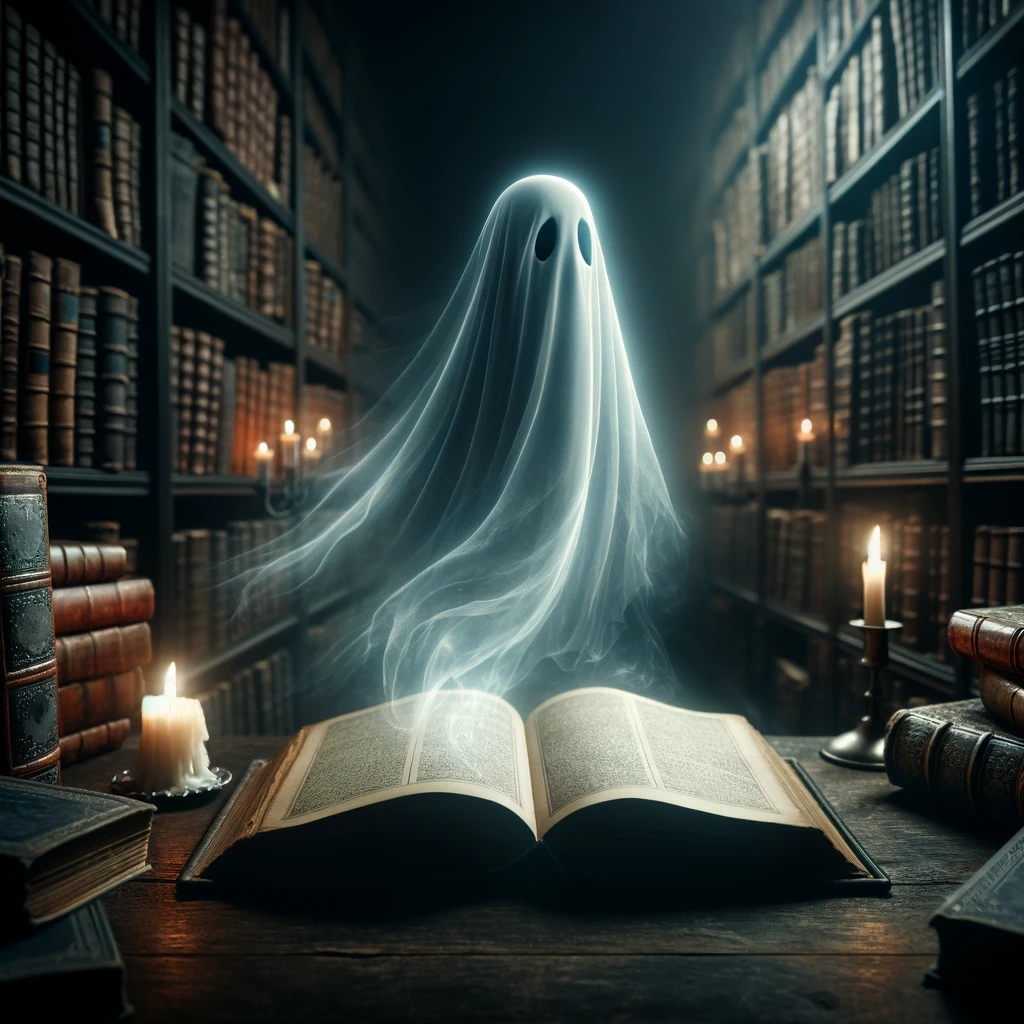Ghosts have long haunted the pages of literature, serving as more than mere harbingers of fright. From the ethereal specters of Shakespeare to the eerie hauntings of contemporary horror, literary ghosts often symbolize deeper themes such as guilt, loss, and the past’s relentless grip on the present. This article explores how these apparitions have been used symbolically across different eras of literature.
Ethereal Echoes in Shakespeare
William Shakespeare famously utilized ghosts as narrative devices that underscore themes of betrayal and moral disarray. In Hamlet, the ghost of Hamlet’s father is a catalyst for the play’s exploration of vengeance and justice, haunting not just the castle’s dark corridors but also the recesses of Hamlet’s troubled conscience. Similarly, in Macbeth, Banquo’s ghost serves as a stark reminder of Macbeth’s bloody path to power, symbolizing guilt and the consequences of unchecked ambition.
Victorian Visages and the Gothic Tradition
The Victorian era saw a surge in the popularity of ghost stories. Writers like Charles Dickens and Henry James employed ghosts to critique societal norms and explore the human psyche. In Dickens’ A Christmas Carol, the ghosts of Christmas Past, Present, and Future force Ebenezer Scrooge to confront his life’s misdeeds and missed opportunities, illustrating the theme of redemption. James’ The Turn of the Screw presents ghosts that may be real or imagined, creating ambiguity that reflects the inner turmoil of the protagonist, thus exploring themes of innocence and corruption.
Modern Metaphors and Psychological Specters
In contemporary literature, ghosts often embody personal and historical traumas, reflecting modern society’s complex relationship with memory and history. Toni Morrison’s Beloved features a ghost who represents the inescapable pain of slavery’s legacy, haunting the characters just as the past continues to influence racial dynamics in America. In horror fiction, writers like Stephen King use ghosts to explore the everyday fears and anxieties of modern life, turning the familiar into sources of profound terror.

Ghosts in literature transcend the simple role of spooking the reader; they are powerful metaphors that reveal our deepest fears, regrets, and desires. By haunting the characters and stories in which they appear, these spirits challenge readers to confront their own pasts and the specters that may linger there.
